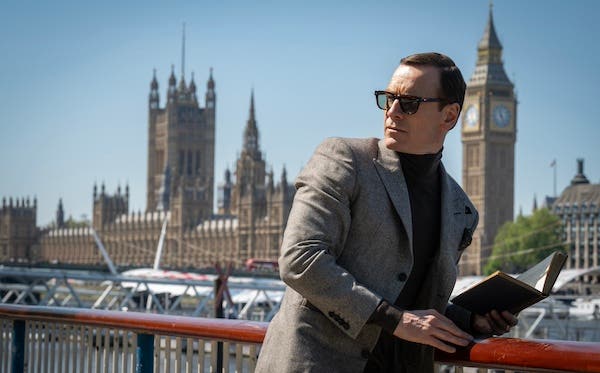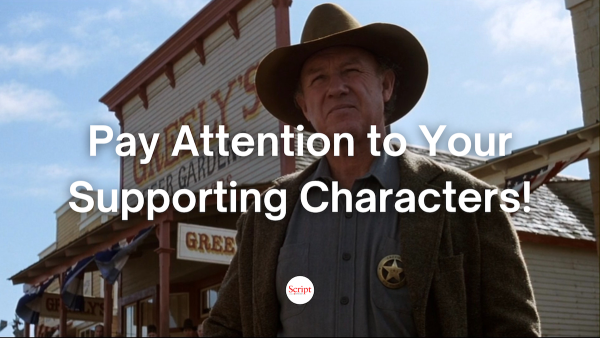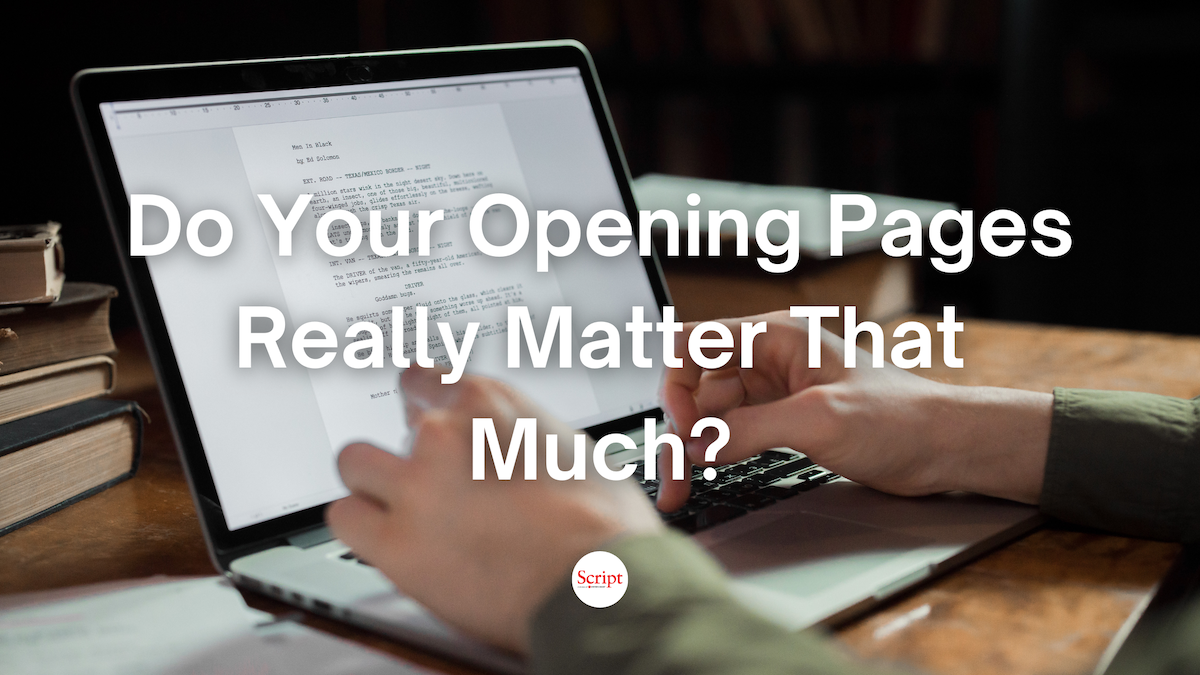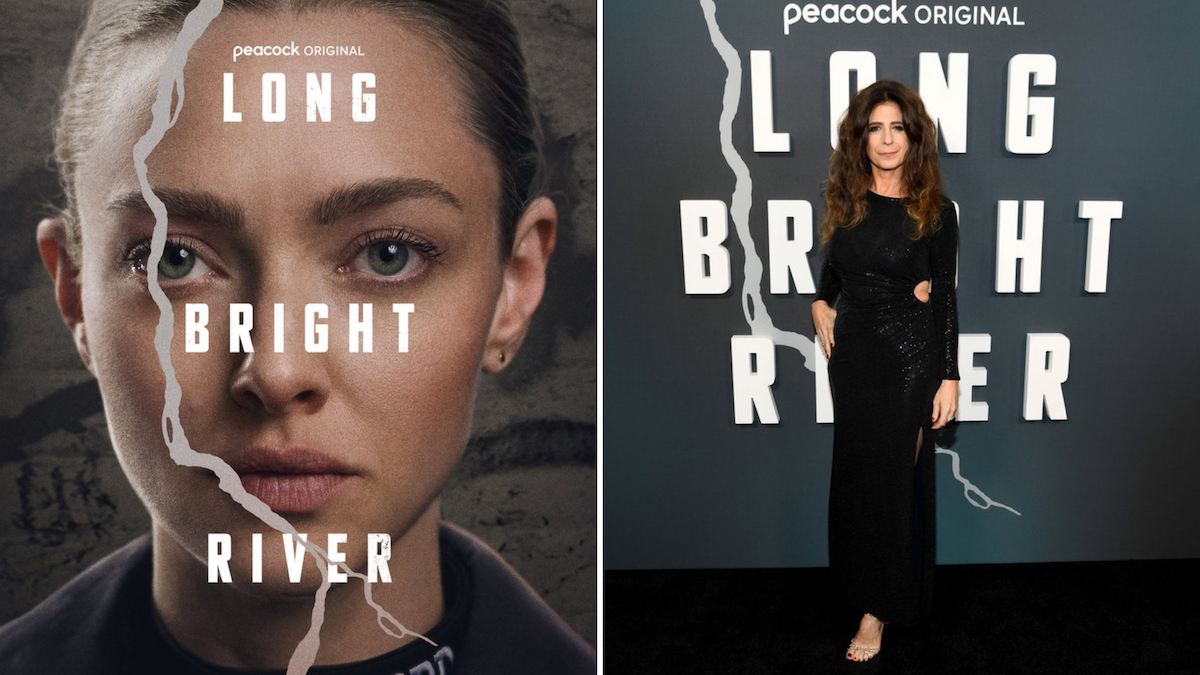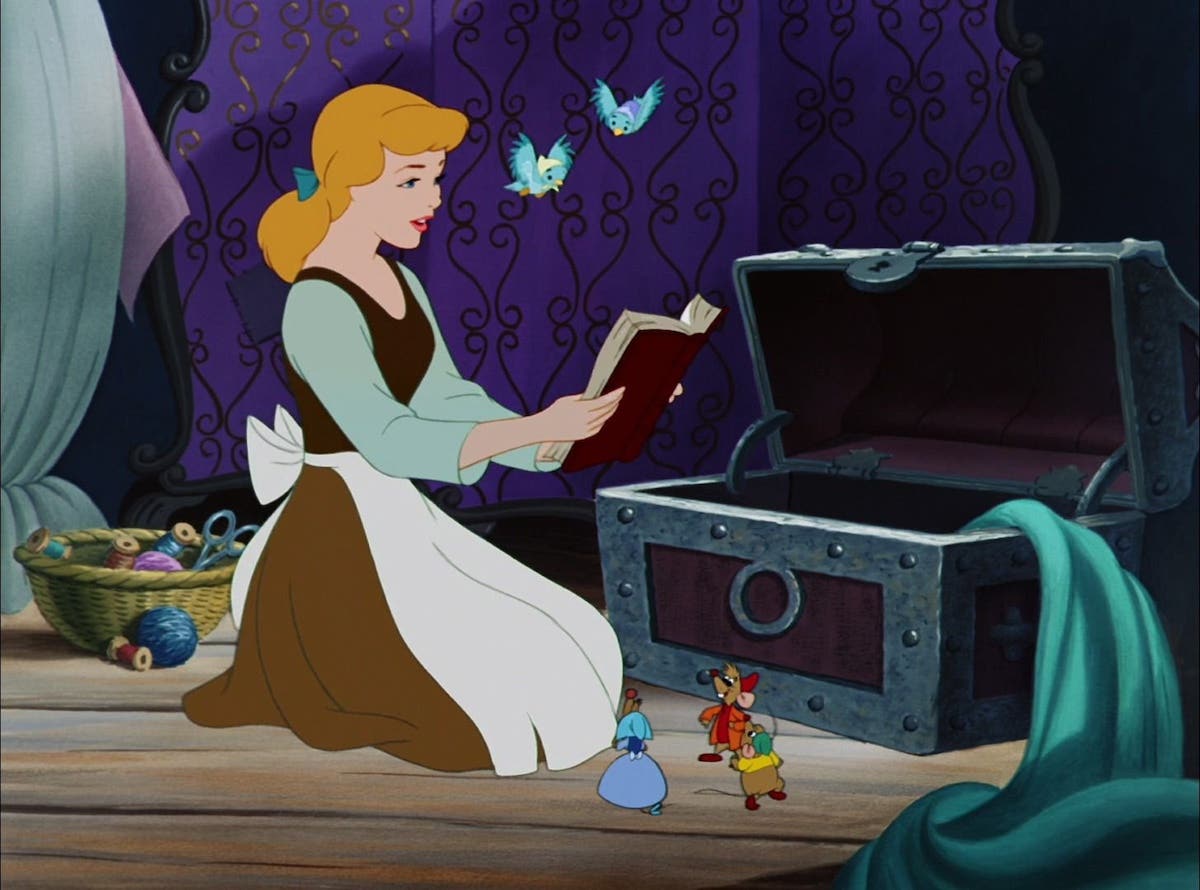‘Suffragette’ Screenwriter Abi Morgan and ‘The Assassin’ Writer/Director Hou Hsiao-Hsien on Adapting Historical Events
‘The Assassin’ and ‘Suffragette’ are films inspired by true historical events. Their screenwriters discuss the challenge of adapting life into film.
The Assassin and Suffragette are films inspired by true historical events. While these two films could not be more different in genre and style, they do share a strong and determined female protagonist, whose unwavering actions drive the story forward.
Screenwriters Morgan and Hsaio-Hsien, also shared a similar writing process; they relied on extensive archival research to find the core of the story.
The Suffragette Panel
(From L-R: Ward, Owen, Morgan, and Gavron)
Following a private screening at the Directors Guild of America Theatre in New York City, of Suffragette, Emmy-Award winner screenwriter Abi Morgan spoke on a panel with members of the Suffragette team, including Academy Award nominee Alison Owen (producer), Golden Globe Award nominee Faye Ward (producer), and BAFTA Award winner director Sarah Gavron. After working together on the 2007 film Brick Lane, the four women began discussing making a film on the suffragette movement and the women’s fight to win the right to vote in Britain a century ago.
The panel discussed how the subject of the film was less fashionable when they started out with the project six years ago, stating:
“As we were preparing during the past year for the release of Suffragette, suddenly Beyoncé, Taylor Swift, Emma Watson and others were saying, ‘I’m a feminist’ and they were making it a sexy subject — which is great.”
The Suffragette Story
The story centers on Maud, a working wife and mother, who is secretly recruited to join the U.K.’s growing Suffragette movement. Inspired by the outlaw fugitive Emmeline Pankhurst, Maud becomes an activist for the cause alongside women from all walks of life. When increasingly aggressive police action forces Maud and her fellow Suffragettes underground, they engage in a dangerous game of cat-and-mouse with the authorities, who are shocked as the women’s civil disobedience escalates and sparks debate across the nation.
Highlights from Screenwriter Abi Morgan
“Maud was a composite character based on three women we read accounts on. I had done a number of biopics before and it’s so hard to squeeze in a whole life and it’s so difficult; you’re trying to find a prism.
It took us a long time to find the story. I wrote too many drafts to admit to. But throwing away a draft is liberating. Most of the work is a process of failure and then improving on that failure.
In this film, we’re seeing the suffragette movement after they already had years of peaceful protests. We wanted to capture the moment when they move from pacifism to activism, and as a result there were four of five amazing historical events, such as the Night of Broken Panes. Then we started reading about the testimonies of the working women and that’s when it profoundly changed for me.
You can’t ignore the world around you when you write.
We found in the archives information about the police surveillance operation and the police violence, as well as sexual harassment in the workplace. Issues that echoed today. It seemed very relevant. At the core of this film, we are hoping to empower all women to fight for equality and to use your vote. In the UK we have a very complacent and very ambivalent voting public and we have a dwindling youth vote.”
Inspector Arthur Steed warns Maud about her activities with the suffragettes:
MAUD
(to Inspector Arthur Steed)
What are you going to do? We’re half the population.
The Assassin
At the New York Film Festival press screening, Taiwanese director Hou Hsiao-Hsien spoke about his new film The Assassin for which he won Best Director at the 2015 Cannes Film Festival.
The Story
The Assassin: Abducted at age 10, Yinniang is now a Tang Dynasty assassin dedicated to the art of killing until memory transforms her course of action.
Hou Hsiao-Hsien: “The story is based on historical facts and then I fleshed out the characters. There is a lot of information from the Tang Dynasty -- tales, legends and novels. I first came across this story in college. I wanted to bring this realism into the film. I wanted to do this film in the wuxia genre. I wanted to draw inspiration from Samurai movies from Japan as a long tradition of this martial arts practice that would be more in line of how I see the wuxia genre; it should be based on the realistic depiction of human capacity.”
When Jiaxin, the princess-turned-nun and Yinniang’s abductor, admonishes Yinniang for not following through with an assassination she states:
“Your skill is matchless, but your mind is hostage to human sentiments.”
Tips on Adapting a Screenplay Inspired from True Events
You have 120 pages or less to tell your compelling story. Your goal is to make every word on the page count.
- Determine who your protagonist is, and his or her wants, needs and goals and determine who the antagonist is, and why he or she is in opposition to the protagonist.
- Ask yourself: How does the protagonist with the help of alliances (friends, family, and so on) achieve goals despite the antagonist’s opposition?
- Decide what to include and what to cut from the original source material and research in order to convey the strongest elements of the story onto the page in an engaging and unique way.
- Write an outline or beat sheet that follows the key plot points and your protagonist’s journey.
Check out our upcoming courses at SU!
Susan Kouguell, award-winning screenwriter and filmmaker, is a senior contributing editor for Script Magazine, and teaches screenwriting at SUNY College at Purchase. Author of Savvy Characters Sell Screenplays!. Susan’s consulting company Su-City Pictures East, LLC, works with filmmakers worldwide. Follow Susan on Facebook and Instagram @slkfilms.
